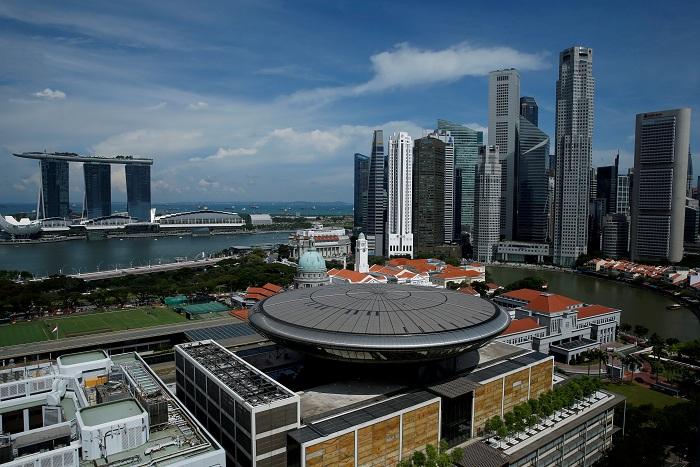
Singaporean commodity trader Olam International plans to invest $3.5 billion into key growth areas, such as edible nuts, coffee and cocoa, over the next few years, while exiting four existing businesses to raise funds.
Olam will sell its sugar, rubber, wood products and fertilizer assets to help release $1.6 billion of cash to reinvest as part of a six-year strategic plan, the company said on Friday.
The agricultural commodity trader will double down on 12 prioritized businesses, which include spices, edible oils, cotton, dairy, grains and animal feed.
"We will continue to invest in businesses where we have consistently performed, have market leading positions, clear differentiation, it is in line with the key consumer trends and there is significant potential for future growth," chief executive Sunny Verghese told a briefing.
Olam is majority owned by Singapore state investor Temasek Holdings and counts Japanese trading house Mitsubishi Corp as its second-largest shareholder.
A major player in markets for a number of agricultural commodities, its shares touched a two-and-a-half year low late last year but have since bounced back by about 15 percent.
Olam said it was engaging financial advisors to explore various options to maximize value for shareholders, which could include restructuring business units. The exercise should be completed by the fourth quarter of 2019.
The trader has been increasing its focus on products in which large trading companies do not have much presence. The 2019-2024 plan includes growing its soluble coffee business, dairy farming in Russia and flour milling in West Africa, while expanding its onion, garlic and tropical spices businesses.
Verghese said Olam planned to expand in wheat processing as its operations have higher extraction and utilization rates than the industry average.
"We are also a grains trading company. Our ability to source (grains) as compared with processors who are non-traders gives us additional advantage," he said.
Olam said it will not need to raise fresh equity and the capital expenditure plan will be funded through the divestments and cash generated through profits.
The company is targeting cost savings of $200 million over the six-year period. It has also set itself a return on equity goal of 12 percent or more from 2021 and plans to have a debt-to-equity ratio of less than 2 percent through the plan period.
Olam said earlier this month it would shut its sugar trading desk, exiting a market hit by a global supply glut.
Verghese said the company saw long-term structural declines in sugar consumption. Environmental concerns, sustainability and consumer preferences were among factors the company considered in deciding which businesses to sell.
Olam would exit the four businesses in an orderly way, he said, adding that he did not expect any major divestments within the next 12 months.
"We will do it from a position of strength. There will be absolutely no question of any fire sale of these assets," he said.








